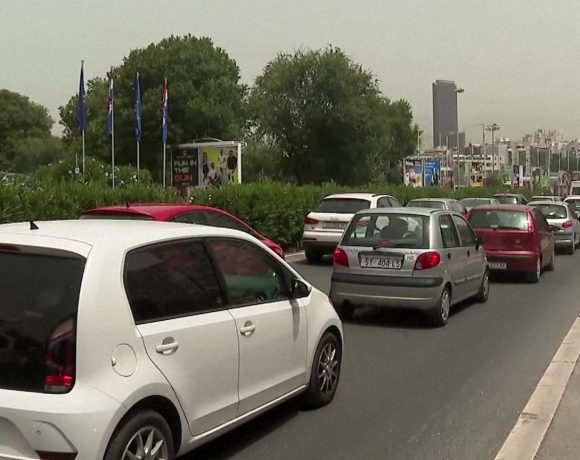
On Friday, four Balkan countries—Albania, Bosnia, Montenegro, and significant parts of the Croatian coast—experienced simultaneous power outages lasting several hours amid a summer heatwave. The blackouts, which began at 13:00 local time (11:00 GMT), were triggered by a surge in power demand as residents used air conditioning to cope with the high temperatures, which approached 40°C.
In Bosnia and Croatia, the outages disrupted traffic lights, leading to transportation chaos in major cities such as Sarajevo and Split. Montenegro’s capital, Podgorica, saw even water pumps cease operation. Power suppliers managed to largely restore electricity by the evening but were still investigating the cause of the failure within the interconnected power systems of the four nations.
The power loss affected Croatia’s tourism sector, with Dubrovnik’s restaurants, pubs, and supermarkets closing and leaving tourists in disarray. Montenegro’s Energy Minister, Sasa Mujovic, attributed the blackouts to a sudden spike in power consumption due to the heat. Reports from Montenegro’s Vijesti TV mentioned a fire in a power transmission line near the Bosnian border, though its connection to the blackouts was unclear.
In Albania, power was restored within half an hour, but officials warned of a high risk of further outages due to continued high energy usage. The western Balkans are transitioning from coal-based energy production, a major source of greenhouse gas emissions, to solar energy. However, industry officials indicate that the aging power infrastructure is not yet fully equipped to handle this shift.
Picture Courtesy: Google/images are subject to copyright

